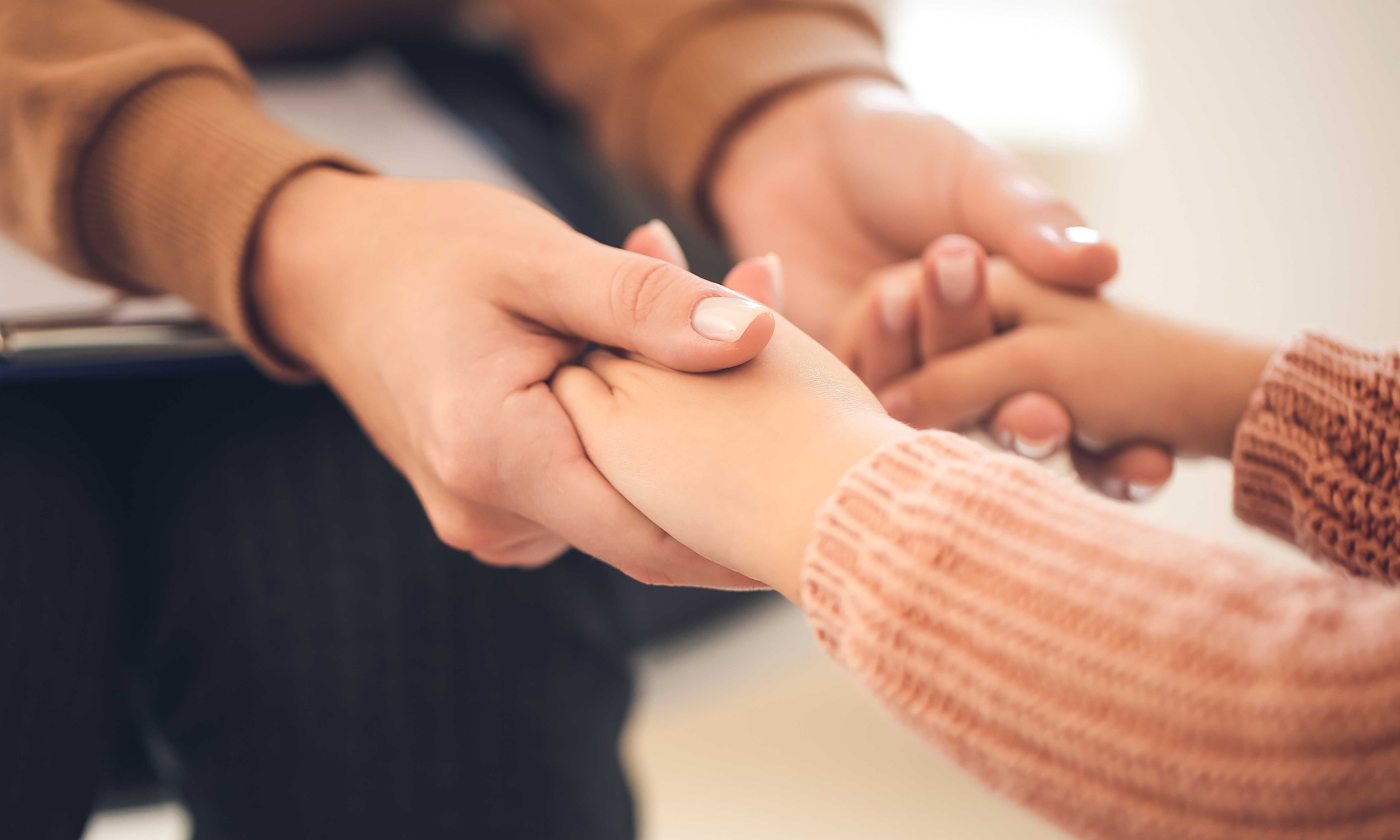Online harm reduction communities that have been operating for years, like Bluelight, and more recent digital communities, like Sesh Safety, could provide harm reduction information specifically aimed at drive-in festival goers, through their existing digital channels.
Usually at a music festival, attendees are standing, dancing or moving around the festival ground. So, security, outreach workers and other patrons can look out for people who may have been affected by alcohol or other drugs and take them for medical or first aid treatment.
But with drive-in festivals, there is less incidental opportunity to direct people to help.
So promoters could distribute information about where to access harm reduction information, and about available medical and first aid help, as people drive into the festival.
Drug checking
Drug checking allows people to anonymously submit drug samples for forensic analysis so they can make informed decisions about what they’re about to take. Counselling is also offered.
We know drug checking is effective in reducing harms at music festivals, but it is not available in Australia outside specific trials.
Running a drug checking service from a drive-in festival in COVID-19 times would be more challenging, but not impossible, by using technology to deliver feedback via text or app.
Festival-goers could chat by text with the drug checking team to discuss their specific drug-use history, circumstances, and the results of the analysis. But there would be less anonymity than a usual drug checking service.
Promoters, police, health workers and young people
Although smaller music venues are slowly reopening in some states, large music festivals are likely to remain closed for some time. So drive-in festivals might sound appealing.
But they throw up specific risks promoters need to address to ensure the safest possible environment for people eager to access COVID-safe live music venues.
So promoters need to work closely with police, health workers and young people themselves to effectively address some of these additional risks.
You can find harm reduction information at Bluelight, DanceWize Victoria and NSW and the Global Drug Survey. If you are worried about your drinking or drug use, or want support to make changes, you can call the National Alcohol and Other Drug Hotline on 1800 250 015; chat online with a counsellor at CounsellingOnline; talk to your GP about seeing a psychologist or counsellor; or try Hello Sunday Morning, an online community of people actively changing their alcohol consumption.








